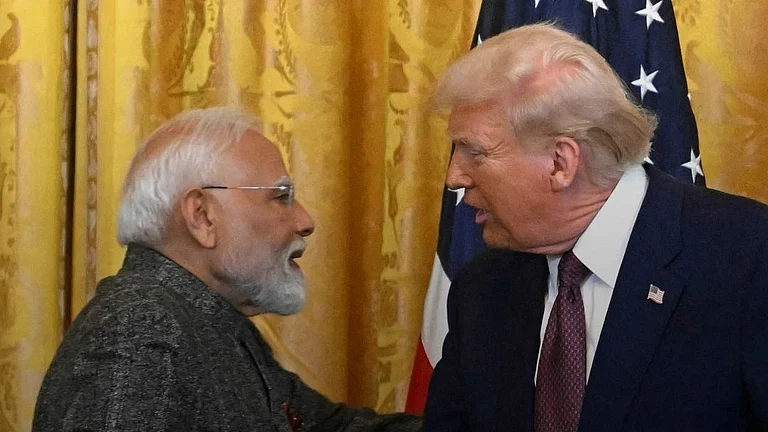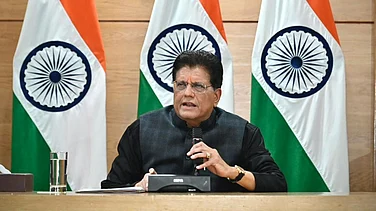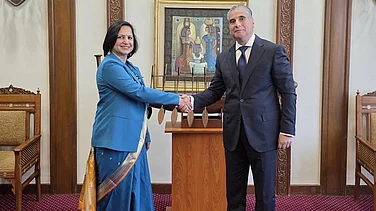As India has finalised its Free Trade Agreement (FTA) with the United Kingdom, a report by Canara Bank has stressed the need for strong rules on local content in traded goods, reported news agency ANI. This is to ensure that products made in third countries—especially China—don’t find indirect entry into either market under the guise of the FTA.
The report highlights concerns that, without clear origin norms and value addition criteria, Chinese goods could be rerouted through the UK or India to bypass tariffs. Therefore, both sides must enforce strict checks to maintain the integrity of the deal and protect domestic industries.
"It has to be ensured that goods traded between UK and India has sufficient local content to foolproof from Chinese goods finding their way to take advantage of lower duties," the report said.
The report also called the FTA a major win for India. It underlined that the country has secured duty-free access to the UK market on 99% of its tariff lines, which will significantly benefit Indian exporters.
However, it also cautioned that the agreement could be misused without the presence of any strict rules of origin and content verification.
The Canara Bank report also pointed out that agriculture and dairy products have been kept out of the India-UK FTA, reflecting India’s cautious approach to sensitive sectors. These areas have often been sticking points in India’s trade talks with other developed economies, such as the European Union (EU) and Australia, due to concerns over the impact of cheap imports on domestic farmers and producers. "Any give away on these sectors in subsequent FTAs could negate advantages gained from the FTA with the UK," the report said.
On the financial services front, the report said that both India and the UK will be required to provide equal treatment to each other's banking and insurance sectors.
This could allow British financial firms to expand their presence in India more easily. Likewise, Indian companies in the financial services sector could find better opportunities in the UK.
The report concluded that this reciprocal treatment in the financial sector addresses a long-standing concern in India-UK economic relations and could pave the way for deeper collaboration between the two countries.

































